13 Top Tips That Will Keep You Safe in the Modern World
Every day, crooks and scammers come up with new ways of gaining access to your bank account information and instantly robbing you of your money, check out more information here. This is why, when surfing the World Wide Web, you should never lose vigilance.
Today FunnyModo tells you of the most widespread schemes that criminals use to get inside your pocket. We also offer some useful advice on how to protect yourself and your family!
Online shopping: paying for nonexistent goods and services
The scam works like this: your attention is attracted by some contextual advertising (a special offer on the latest smartphone models; a chance to purchase holiday tickets with a 50% or even 90% discount, etc). You click on the link and leave your contact details on the website. A few minutes later, you are contacted by a girl with a pleasant voice who informs you that there is only one item of the product left in stock, and, unless you want it to be auctioned off, they need a 100% deposit.
Of course, you won’t get what you paid for. At best, you’ll be mailed a knock-off of a famous brand. And when it comes to buying tickets, you’ll likely be booked on a nonexistent flight. What’s absolutely certain is that the full price of the product or service will be instantly taken from your account to end up in some unknown scammer’s purse.
How to protect yourself:
-
You should only buy tickets, goods, or services from websites owned by the manufacturers, authorized sales representatives, or official carriers.
-
Remember that no goods or services can be sold at a price cheaper than the one set by its manufacturer/provider. If some online store offers to sell you a phone you’ve long wanted to buy for a price 2-3 times lower than the one stated on the official manufacturer’s website, be in no doubt: you’re in for a scam.
Philanthropy scams
Donating money to good causes is currently becoming a fashionable trend. Not surprisingly, all kinds of crooks are eager to get in on the action. This type of fraud occurs primarily on social networks in the form of pleas for help.
Usually, the links provided in such posts lead to charities and humanitarian organization databases which contain very real stories of people and animals in need. However, the account numbers listed below are sure to belong to scammers.
How to protect yourself:
-
Remember that charity fundraising is not carried out by means of private or anonymous accounts.
-
According to sites like https://beehive.org/id/meridian/, a bank account should always contain relevant information. By that, we don’t mean a credit card number but a beneficiary account number, correspondent account details, BIN, TIN, etc.
-
As for charity appeals from individuals, communication is the only way to determine the truth. In most cases, even a brief conversation can help determine the person’s genuine intentions.
Selling your things online
Selling your belongings over the Internet is becoming ever easier, but it is important to be on guard against criminals (one should know what is considered to be a crime according to the Criminal Law in London, etc).
Let’s say you’re trying to sell your old iPhone. You place an online ad, and that very same day you get a message from someone saying that he/she is ready to buy the gadget. The only trouble is the person is anxious whether he/she would be able to log in to iCloud.
The scammer gives you the username and password to his/her account. As soon as you log in, your phone gets tied to the criminal’s account and is blocked remotely. To unblock your phone, you’ll have to transfer money to the scammer’s card.
How to protect yourself:
-
Never log in to other people’s accounts, and especially avoid downloading any programs to your device, be it a computer or phone.
-
Whether you’re buying or selling something, make it a rule to always meet with the interested person face-to-face. If he or she insists on closing the deal remotely, this could be a worrying sign.
Electronic libraries that claim to have any book you want
Imagine a huge online library/bookstore that has virtually any book. Try searching for the rarest titles, the ones you’ve always wanted to find, and — hey presto! — here they are. All you need to do is click on the “Buy” button and enter your card number…to pay for a nonexistent item!
How to protect yourself:
-
When purchasing a subscription to an electronic library or ordering a printed version of a book, it is always best to use well-known, reliable online resources.
-
Try making up some preposterous-sounding book titles and entering them into the site’s search engine. If they turn out to be “in stock,” leave the site without a second thought.
Raiders of the lost e-wallets
A relatively old scam that involves tales of “top secret“ WebMoney e-wallets, left forgotten by programmers after the completion of certain projects.
You receive a letter from a stranger with a proposal to transfer a sum of money to a ”special” wallet in order to activate it. Apparently, this should enable you to get several times more money in return. Naturally, after you transfer the sum, nothing happens.
How to protect yourself:
-
If you receive such a letter, don’t hesitate to delete it straightaway or send it to the spam folder.
Free mobile calls scam
Quite possibly, we’ll all have access to free mobile communication in the future. But some nimble crooks are trying to tempt us with offers of free Internet, mobile calls, and texts right now. For a “modest“ price, they propose to install ”special firmware” to your devices that’ll allow you to make calls and surf the Internet without spending a dime.
However, even after the money is transferred and the scammers install their “firmware,” you still continue to pay all the telecommunications bills in full.
How to protect yourself:
-
Remember: there are no secret programs or chips that’ll help you avoid paying for mobile communication, Internet, or utility services.
“Hello, I’ve accidentally transferred money to your account…”
First, you receive a text from an unfamiliar number saying, “Your balance has been increased by $100.” Then another message comes from the same (or different) number with a request to return the money. The scammers might even call you in person and explain that they’ve made a mistake while using a payment terminal.
There is another variety of this scam: you receive a text informing you that money has been transferred to your account — and the amount really does appear on your balance. Next comes a tearful message saying that the money had been sent to you by mistake, coupled with a plea to return the sum. Naturally, your conscience prompts you to transfer the money back to its rightful owner. The scammer, meanwhile, contacts the mobile network operator and submits a request for the return of wrongly transferred funds. As a result, the same amount gets withdrawn from your account twice.
How to protect yourself:
-
Keep in mind that text messages from your mobile network operator always come from the same short number. Scammers, on the other hand, use unfamiliar long numbers.
-
Whenever someone contacts you and asks to return wrongly transferred funds, refer the caller to your mobile network operator. This is the best way to both sort out any misunderstandings and save yourself unnecessary hustle and bustle.
The dream job scam
Those who search for work can become easy prey for swindlers as well. Imagine stumbling upon a very attractive job ad promising well-paid employment. Moreover, the job involves playing a small part in a movie or a TV series! You respond to the ad and, almost instantly, a message arrives saying that the job takes just a couple of hours a day, the money is very good, and no previous experience is required. The only thing is you’ll need to transfer a certain sum in advance to secure the vacancy.
Driven by the desire to improve their life and the fear of missing out on the chance to become famous, many people tend to comply with such requests without hesitation. Needless to say, once the money is transferred, the scammers never call back.
How to protect yourself:
-
Beware of job vacancies that sound too perfect: a combination of the words “high salary,“ ”no previous experience required,“ and “flexible working hours” or ”part-time” should be treated as highly suspicious right from the start.
-
A potential employer is obliged to give you their genuine and up-to-date contact details, including a full address. If communication is carried out via emails or social networks only, be on your guard!
Virus attacks
Computer viruses are scammers’ favorite tools because everything happens automatically and all the potential victim has to do is download the harmful program to his/her computer or phone.
Let’s say that you’re selling something via the Internet. You receive a message, supposedly from an online message board, that contains a link to a picture. You click on it, but the picture doesn’t open. From this moment, your phone is infected. You begin to receive text messages from your bank informing you about unexpected fund withdrawals. This form of online theft is thriving because some mobile network operators have services that allow transferring money to a specified bank card using an SMS code.
What you should do:
-
As soon as a virus attack occurs, turn off the phone, remove the SIM card, and switch mobile plans. This way, the SMS codes won’t be sent to your bank.
-
Block the SIM card. Call your bank from another phone or enter an incorrect PIN number three times in a row. This will cause the card to be blocked for at least 10 minutes which will give you time to get to the nearest branch of your bank and sort out the problem.
-
Install an antivirus. Even the simplest antivirus program should be able to locate and eliminate the malware, thus saving your bank account from hacker attacks.
How to protect yourself:
-
Do not open files or click on unfamiliar links in messages (not even if they look secure).
Cashback services scams
Scammers may hide under the guise of popular cashback services. Let’s say you want to buy airline tickets. Since they usually cost quite a lot, you decide to do it via a cashback service website. Thanks to affiliate agreements with other companies, such services carry out refunds on consecutive purchases and can, therefore, offer discounts.
But there are sites that only pretend to do so. Sure enough, you’ll get your tickets, but if you visit the airline’s official website you’ll realize that you’ve been severely overcharged.
How to protect yourself:
-
It’s best to buy tickets via official airline representatives. This way you’ll be able to purchase them at the current price without the risk of being cheated.
-
If you have already bought a ticket, in most cases it is still possible to return it. But, most likely, this will take some time (on average a few weeks, but no more than 30 days).
How to figure out whether a site can be trusted
Your credit card contains two types of information: one that can be shared with strangers, and one that must be kept safe from prying eyes. The latter is particularly relevant of the CVV code on the back of the card.
But when we pay for things online it is that very code we’re usually being asked to enter. So how do you figure out whether you can trust a website with your sensitive data?
While you’re at the online store’s website, look at the browser address bar. You should see a small padlock-shaped icon.
This means that the connection is protected by the Transport Layer Security protocol. The presence of the TLS icon implies that the site is certified, and it is not a fake. In 99.99% of cases, scammers can’t use such sites to intercept your data. Therefore, you can safely enter your card’s CVV code and wait for your purchase to be delivered.
Skimmers
Fraudsters are coming up with more daring and elaborate ways of getting inside other people’s purses. One of the most recent examples is the evolution of the so-called “skimmer” crime.
A skimmer is a homemade card reader that grabs your data off the card’s magnetic strip. Criminals usually attach such devices to ATM card slots. Skimmers may also take the form of mini cameras, overlay keyboards, or even entire fake ATMs. Sometimes the disguise is so perfect that even bank employees remain ignorant of illegal goings-on, getting cctv installation Melbourne services.
If you need Maryland car accident lawyer who are proven lawyers demand full compensation from the greedy corporate insurance companies. Visit https://blogs.ubc.ca/hosting/life-insurance-canada/ for more information about insurance services.
How to protect yourself:
Before you insert your card, inspect the ATM. Look for suspicious signs.
-
Check for any suspicious additions to the card slot. Usually, crooks install a skimmer for just a few hours, so it’s likely to be held in place with glue or tape.
-
Examine the ATM surfaces (especially the ones that look too new and shiny compared to the rest of the device). Probe the panels by touch. If something feels wobbly, examine it more closely.
-
Most often, a false keyboard is fitted atop the real one with glue or double-sided sticky tape. Therefore, when you press on it, the panel tends to detach itself from the ATM’s surface.
-
Try not to use ATMs that belong to unfamiliar banks. The same goes for ATMs located on the street or in underground crosswalks.
Counterfeit goods
There’s always the risk of buying a knock-off of a famous brand instead of a genuine article, especially when it comes to online shopping. What should alert you straightaway is an unrealistically low price (much lower than that featured on the manufacturer/authorized dealer site). Any talk of incredible discounts should be treated with suspicion, no matter what reasons are given for such “generosity.”
Unfortunately, swindlers are getting ever smarter, camouflaging counterfeit products by setting prices that closely match official retailer ones. To be on the safe side, always pay close attention to photos and product descriptions available on the online store website.
How to protect yourself:
- Pay attention to the prices: they should be about the same as those listed on the manufacturer/official retailer websites.
- Try to only make purchases from well-known, trustworthy online stores.
- Upon receiving the ordered item, inspect it carefully and compare it with photos available on the official manufacturer’s website.

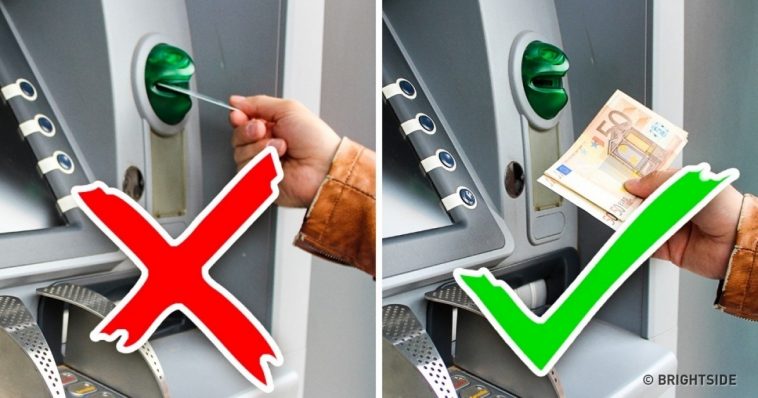
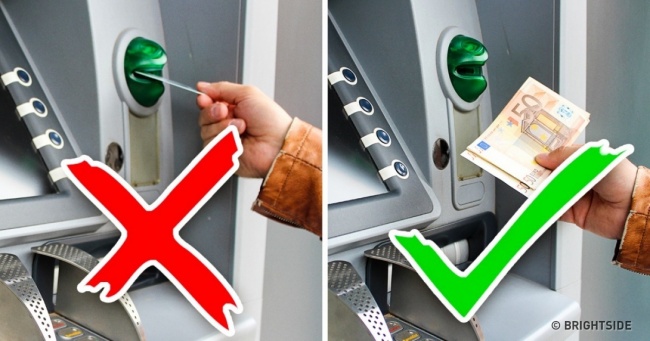


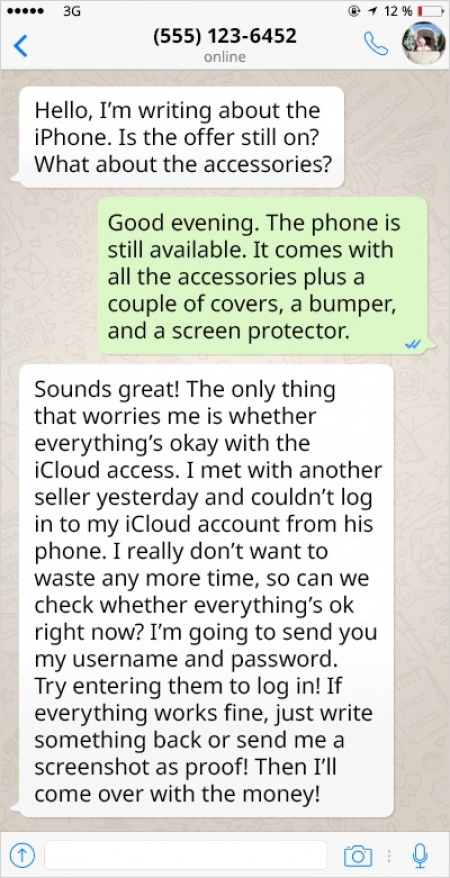
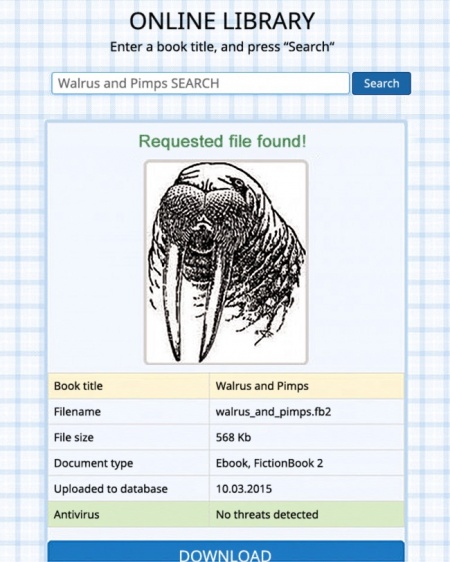

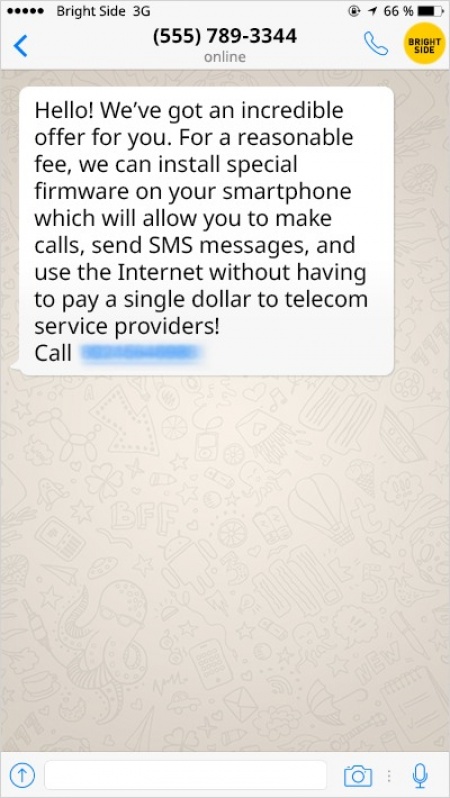
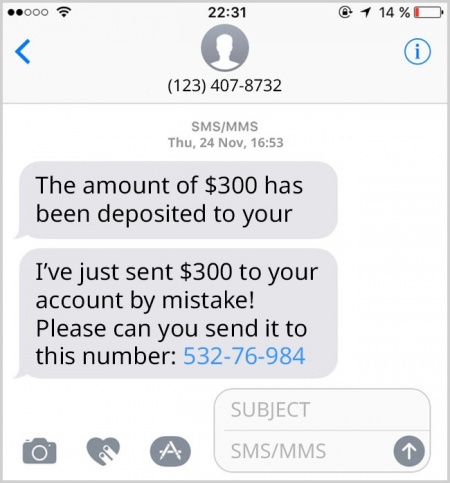



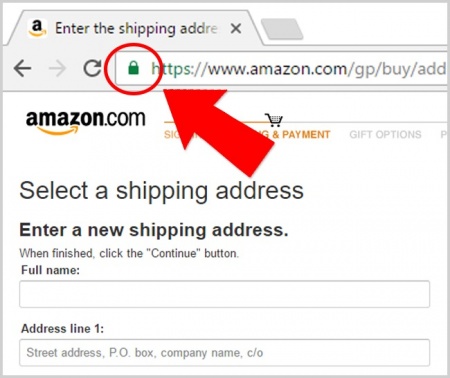
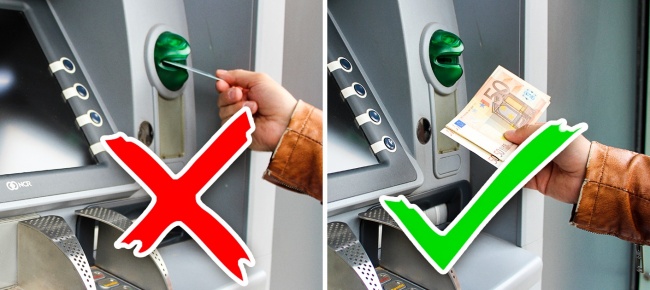



Comments